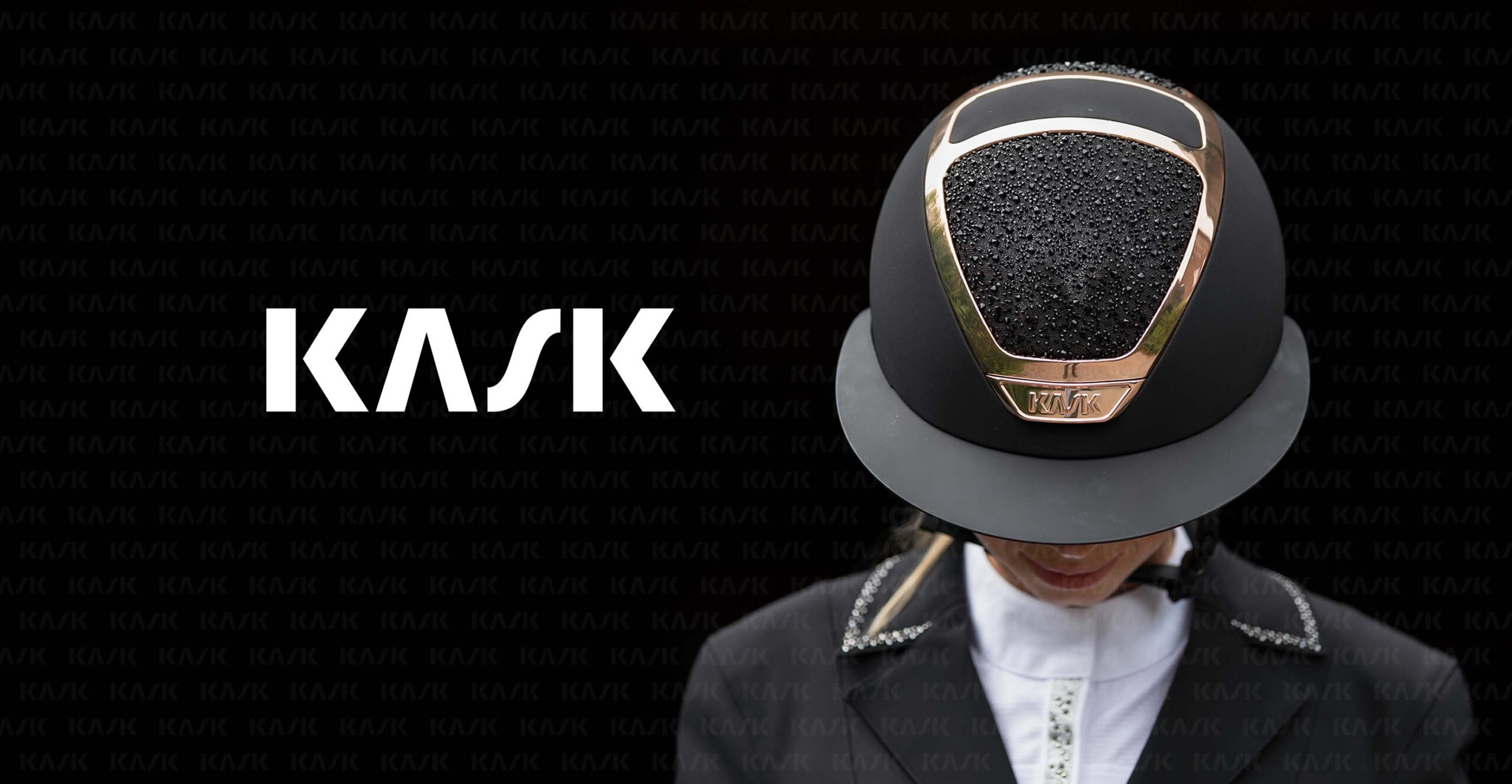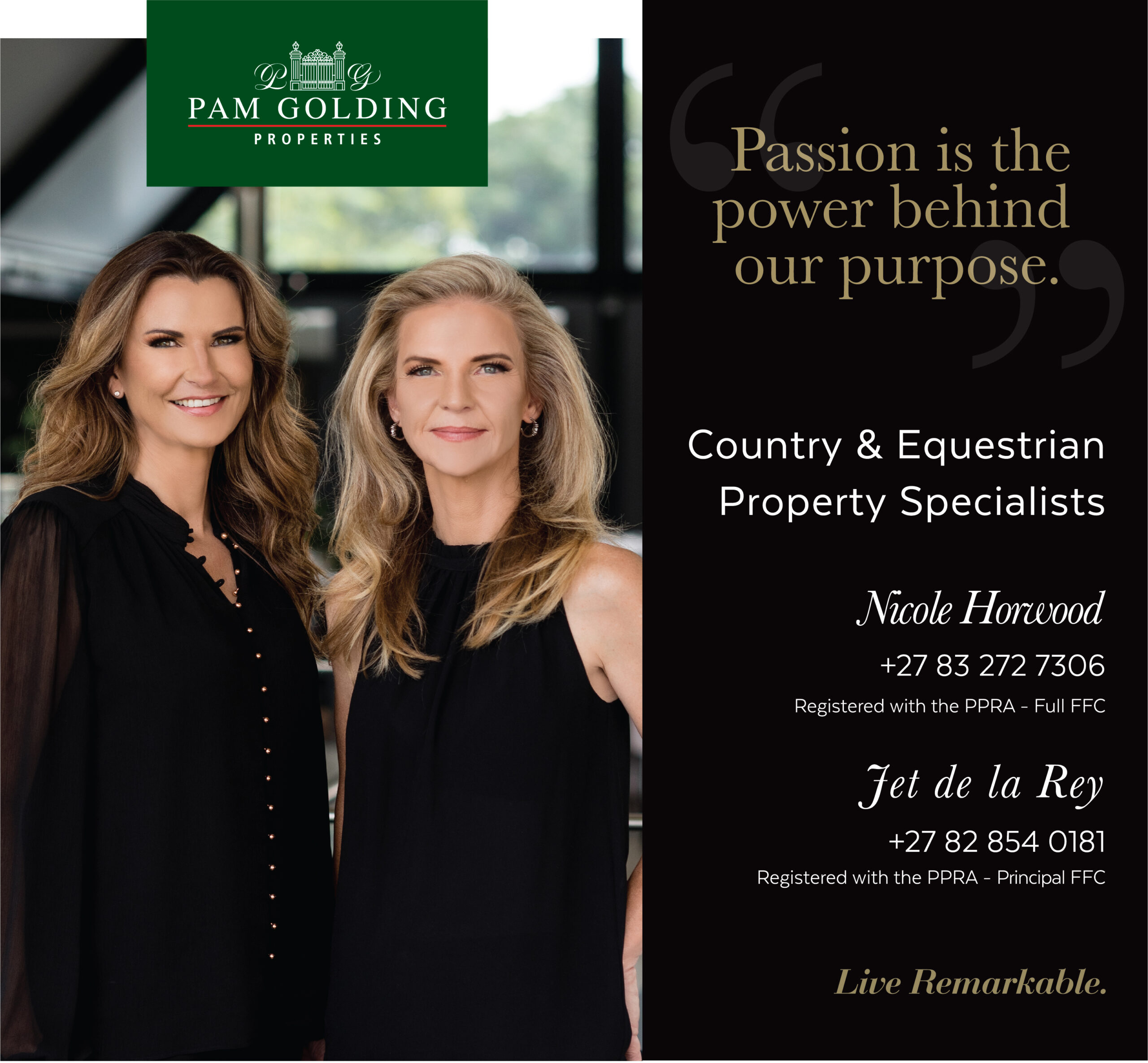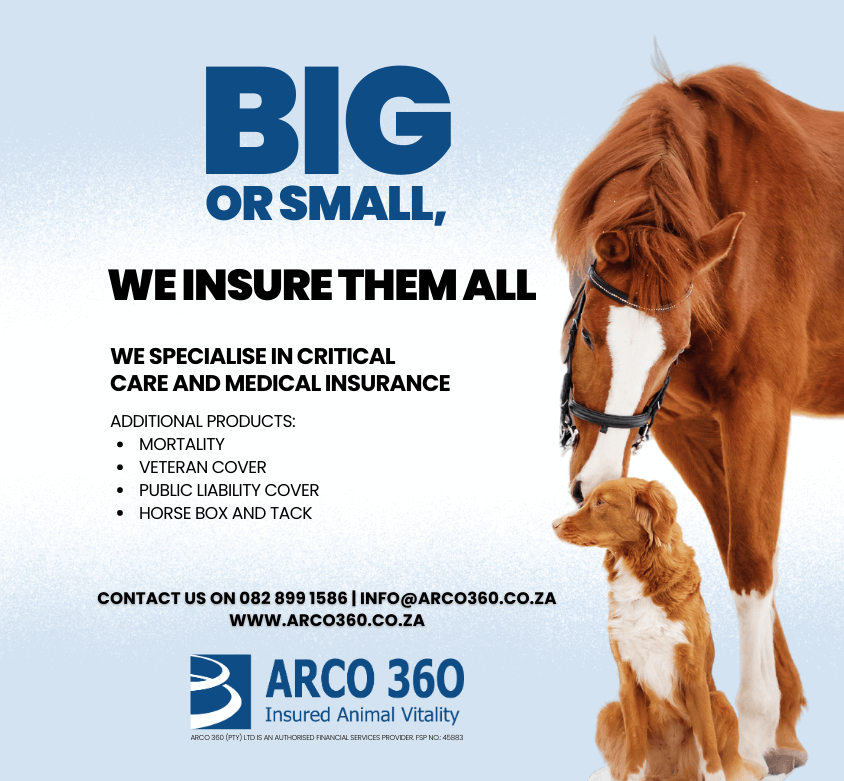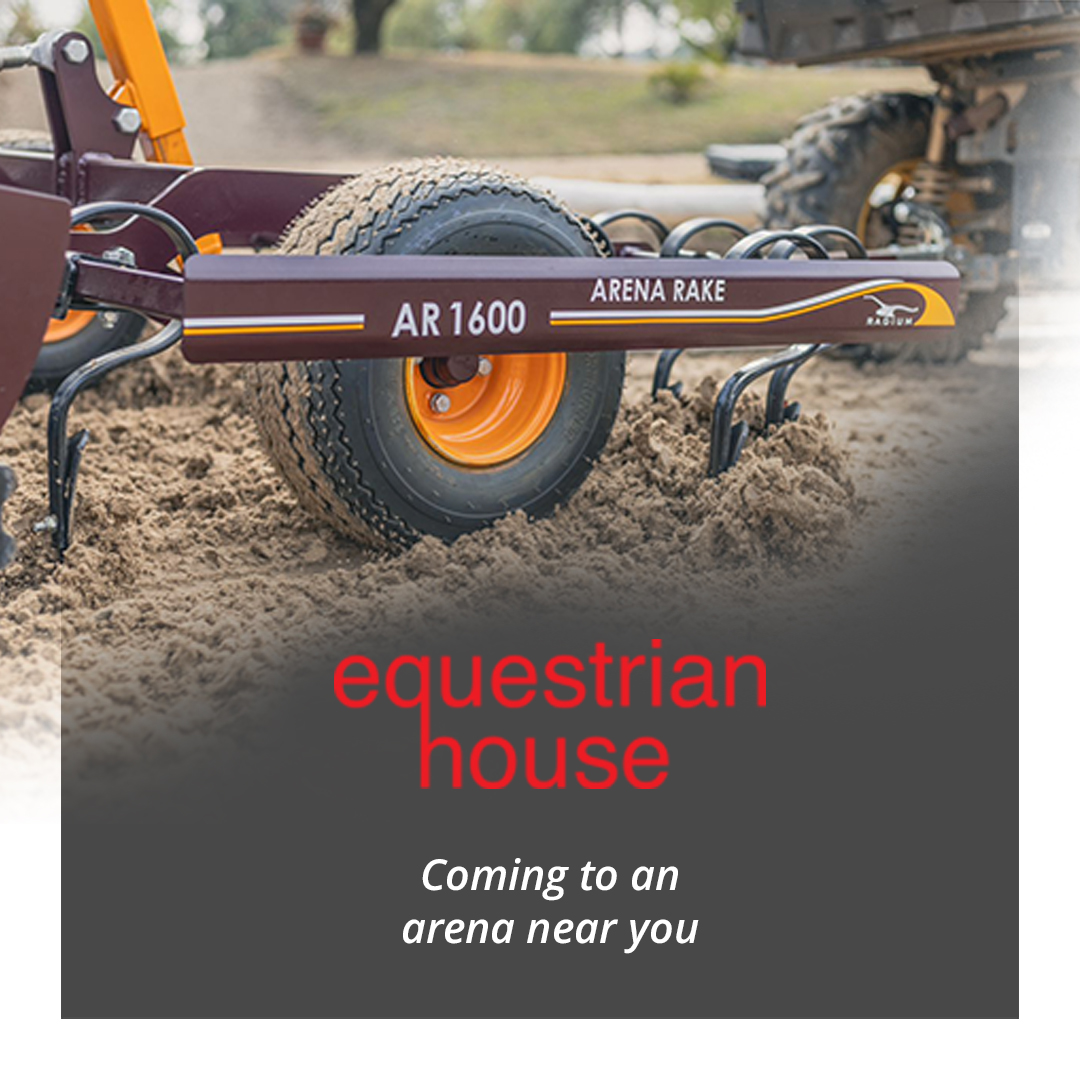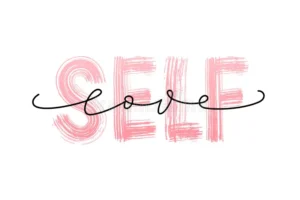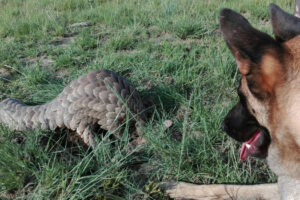The South African Jockey Academy, located in Summerveld in Kwazulu Natal is the only institution in the country that offers an apprenticeship program to qualify as professional jockeys. Over the years the Academy has developed into a much more sophisticated and scientifically-driven training facility and this is largely down to the new management and guidance of headmaster, Mr Graham Bailey.
It’s a career which many don’t – or can’t consider because of height and weight restrictions – but becoming a race horse jockey in South Africa is an extensive process – requiring a 5 year apprenticeship, numerous hours of training and track riding and a lifestyle dedicated to maintaining an optimal weight. The academy has produced some of the world’s finest jockeys – including the likes of Michael “Muis” Roberts, Jeff “the Guv” Lloyd, Douglas Whyte and most recently Lyle Hewitson and Gavin Lerena, to mention but a few.
The exquisite facilities include a huge indoor arena, 36 stables, a 450m circular track, as well as a dressage and jumping arena and luscious, rolling green paddocks that Kwazulu Natal is famous for. But whilst these facilities have always been available to generations of aspiring jockeys, there has been a significant change in the approach to coaching and mentoring young sportsmen, and the results speak for themselves.
Danielle Brown (nee Mc Creedy), who was one of the few female jockeys who qualified from the SAJA in 2000 and successfully raced locally and abroad, headed back to the academy almost two decades later to chat to headmaster Graham Bailey to find out exactly what apprentice jockeys can expect in their journey to becoming a professional jockey.
“Meeting and talking to Mr Bailey was like standing in front of the “Rassie Erasmus” of the racing world. The passion, excitement and dedication to these young men and women was tangible and how I wished that Mr Bailey and his team were around in my years of training.”
What motivated your change in the approach to coaching?
My background in first team level schoolboy sport gave me insight as to how sport and its coaching, mentoring and general management has evolved. It is no longer a single-minded approach but rather a collaborative effort involving multiple professionals with various specialities – both physical and mental – to provide athletes with that edge over their competitors. When I looked at how the apprentices were being trained prior to my appointment, it became clear that there were fundamental gaps in our approach to their coaching and our dated methods meant we were going to be very quickly left behind in terms of keeping up with other equestrian disciplines let alone other competitive, professional sports.
How did you start the process?
I started to make changes in our staffing profile and actively began to source a fitness trainer who would look more critically at our apprentice’s fitness levels. Soon thereafter I appointed a Registered nurse to ensure their general health and wellness and deal with any sickness and injuries. From this point onwards it has been a slow steady morphing of this two-man team into the team we have today that understands the needs of our sport, our apprentices and is solely dedicated to the successful advancement of their abilities and their progress here at the academy.
We were incredibly fortunate to have the unwaivering support of our Chairman, Mr Avison Carlisle, and financial backing in the form of grants from the Gauteng Gambling board to get us started. This aided not only modernising facilities to help us train these apprentices better, but also allowed us to start a research institute where we are able to collaborate with other international universities as well as those who are well-heeled in Jockey research such as Dr John O’Reilly from the Chinese University of Hong Kong.
“On my tour of the academy, I was lucky enough to watch a Biokinetics session with the apprentices. They were tested on hand eye co-ordination, speed of decision making and split second reaction times. It was quite amazing to watch how incredibly fit and focussed the young apprentices have become.”
What other areas of focused training do you believe are important to produce top level riders?
Our Multidisciplinary Team (MDT) is headed up by our Registered Nurse, Sr Deborah Butt. She co-ordinates interaction between our Biokinetist, Sports Scientist, Dietician, Psychologist, riding masters and apprentices. Most of the planning and evaluation is done monthly at the MDT meeting where every aspect of each apprentice is discussed in detail from weight, body fat, growth patterns, fitness levels, injury and rehab progression to academic issues and eating habits in the dining room. Our aim is to critically evaluate each of our departments monthly and measure ourselves against the goals each apprentice has so we are best placed to help achieve those goals with them and most importantly ensure we are all working together in the best interests of each apprentice.
Our riding masters expect so much of each apprentice that we have to ensure that they are ready to perform at peak performance and are able to endure the hard work and repetitive nature of the riding they do. Our sports scientist uses up to date and relevant research to maximise their fitness requirements – one of which is measuring their V02 Max level (aerobic fitness). The higher this is, the more we know the apprentices can push themselves without burning out in a race and after racing can bounce back without being fatigued and unable to give their best aerobic effort yet again race after race after race.
The biokineticist ensures injuries are rehabilitated so they are strong and fit after an accident and is always watching for niggling aches and pains which may just be the sign of something more serious. Our dietician weighs apprentices twice a week and evaluates their body fat which we measure each month. Its not just about weight – we must be mindful of what their body fat is doing too. The impact of a less optimal body fat is well documented in terms of decreased endurance, lowered immunity, diminished bone density and lowered mood amongst the more alarming effects. This type of thing cannot be ignored, and we are mindful of how we manage weight at the Academy.
Our sports psychologist works regularly with the apprentices working towards a competitive but healthy mindset and deals with any personal issues that may arise. Professional athletes in high pressure , demanding environments require very specific psychological care and our psychologist is well versed in this.
Together with intensive and experienced coaching from our Jockey coaches, we are able to put a well-rounded and balanced athlete together who is hopefully not just physically strong but mentally tough and exceptionally capable at speed in a race.
“We stand on the backs of greats who have gone through this Academy previously and are always mindful that we have still much to show to the rest of the world as leaders in jockey training and production.” ~ Mr Graham Bailey
The South African Jockeys Academy
15 JB McIntosh Drive, Summerveld, Kwazulu Natal
Facebook: South African Jockeys Academy



